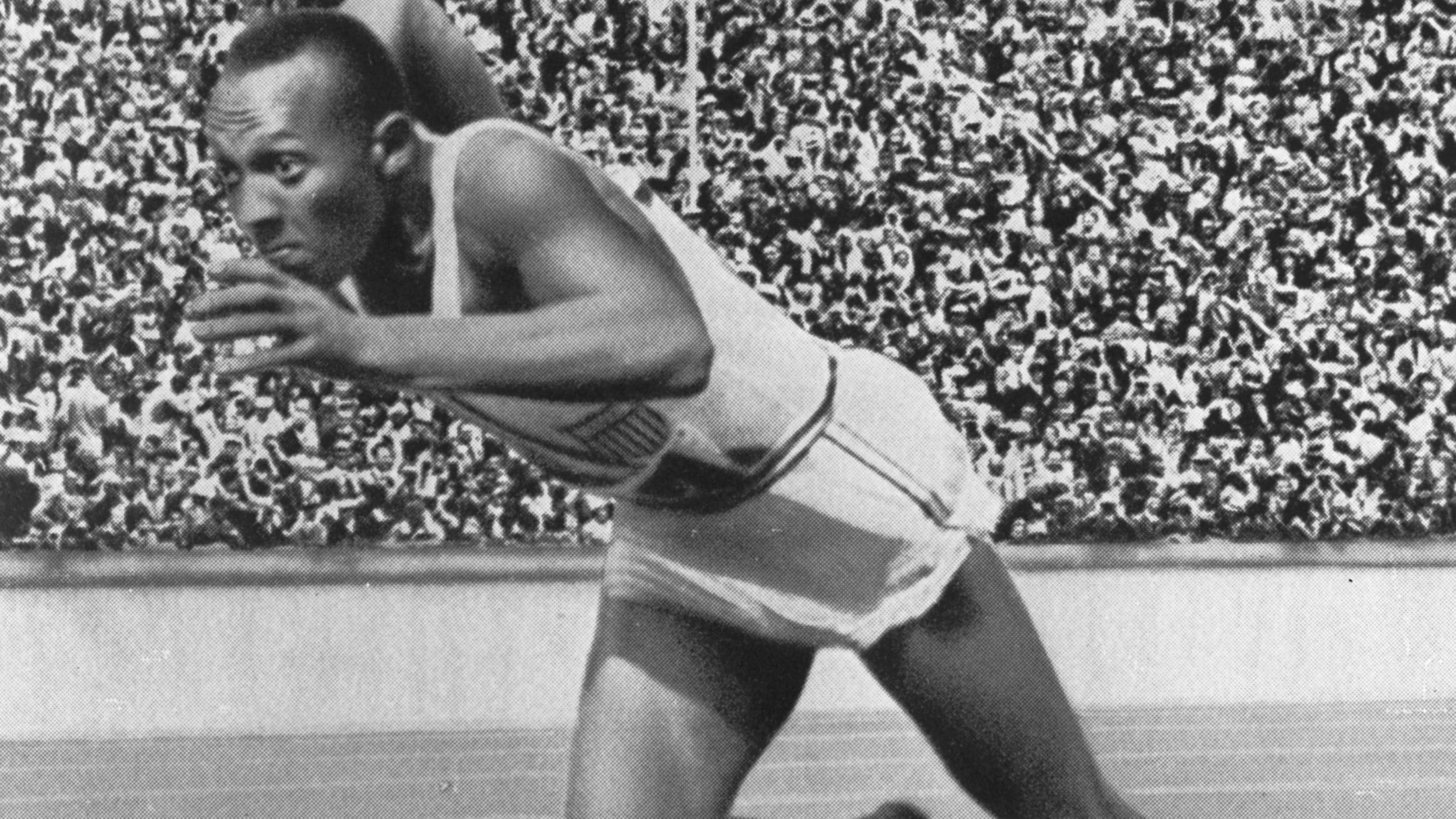Marathon running has become more of a mainstream activity in recent decades. Many leaders and career achievers seem to take an avid interest in the sport. Famous leaders like Oprah have earned a medal from the Marine Corps Marathon.
According to the latest statistics, about 1 percent of the world’s population runs a marathon each year, but only .5 of one percent of the population finishes a marathon event. In our society, high praise is heaped upon those who undergo the physical training and endurance and mental determination it takes to complete such a feat. It takes a very diligent person to engage in marathon running consistently.
It’s no surprise that business leaders are some of the most frequent types of people who actively engage in the sport each year. But why is there such a strong affinity between leaders and marathon running?
Leadership is like Running a Marathon
Running is an easy metaphor for business leadership, and perhaps the similarity is one reason why successful leaders like to run marathons; there are many parallels to running a company. A leader’s job is to create and communicate a strategic vision, mission and purpose. They motivate themselves and their employees to meet their goals. Similarly, running a marathon is about stretching one’s limits of endurance. Through training, runners become flexible and can endure longer run times. It takes a lot of focus and discipline. Business organizations demand on similar, if not higher, levels of agility and concentration. Both have many different types of pressure weighing down on them, whether from performance to hours put in. But in both running and business, a leader needs to show determination and tenacity.
Additionally, the leadership role often has to enthusiastically answer the question of “why?” of organizational structure and mission. Runners have similarly said that during a race, especially when the body doesn’t seem motivated or responsive, it’s hard to cling to the value of crossing the finishing line to get them through the hardship. Instead, they create smaller goals or play “mental tricks” on themselves to get them past the resistance. Successful leadership focuses on the direct challenges first to help them control the big picture challenges that the company faces overall. Like a running map, effective leaders map-out a realistic plan to overcome immediate obstacles. Explaining what needs to be done immediately to colleagues and employees and then splitting up the work by department ensures that they tackle any issues at the foundation to help the whole company progress.
In many ways, running is a purposeful practice for leaders to test their mental patience while stimulating activity in a fast-paced setting. Plus, just like a physical trail often comes with roadblocks and rough terrain while running, it’s a great way to help leaders get into the mindset of change agents and continuously adapt.
Running Marathons Offers Leadership Lessons and Other Benefits
Running marathons provides many leadership lessons on top of all the health benefits. Runners often report that marathon training requires one to own their personal vision of success, one that is self-directed and extends into the future as they adjust their strategy each week. Not only does it help them stay healthy, but it also helps them stay mentally positive, especially if there are hold-ups. Running helps them focus and balance many areas of their lives for months, from training to nutrition to their careers and family lives.
Many business leaders believe that this rigor has improved their job performance. In fact, the Harvard Business Review cites research that shows that physical activity with endurance training like running is linked to improved concentration, better memory, faster learning, prolonged mental stamina, lower stress and enhanced creativity.
Overall, running is like the best performance-enhancing drug out there. It helps participants set goals, measure progress and value their time. Not only are they highly disciplined, but they learn how to overcome obstacles while staying patient. As an added benefit, it can also be a great way to build a network and understand the power of leverage through teamwork. And while many runners experience setbacks they need to overcome, they understand that failure is temporary, a necessity to proceed on the trail and maintain the ups and downs that naturally come with a career (and life). The crossover between running and business is more than just a metaphor. Both are mutually beneficial tools to help create progress and break down barriers in all areas of life.







